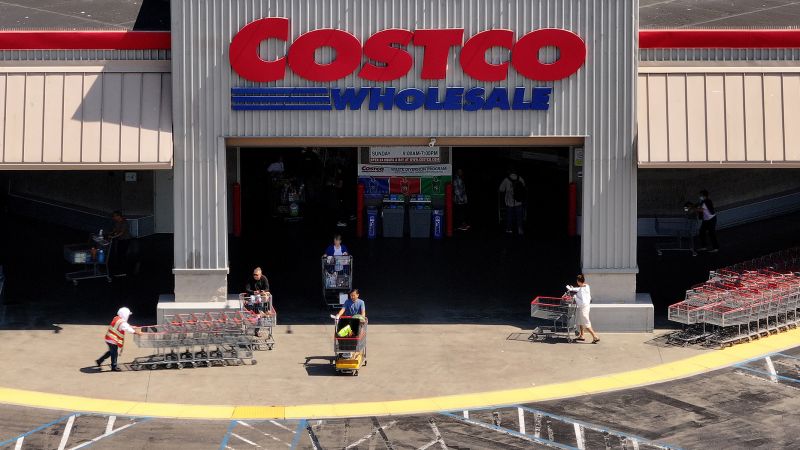New iPhone Warning - These Models Will No Longer Receive Updates
Apple has just added two devices to its “vintage” list — a list of devices that do not receive ... More routine software updates and are no longer guaranteed to be repairable at Apple’s stores.
Getty ImagesUpdate May 24: This article, originally published May 21, has been updated to include security expert views on the risk of outdated iPhones.
Apple’s iPhones are expensive — and potentially getting more so with the introduction of tariffs on goods from China. But Apple only updates its iOS software on newer devices, meaning at a certain point, it’s a good idea to replace your iPhone to ensure you receive patches for security holes.
For some iPhone users, that day is arriving soon, because Apple has just added two devices to its “vintage” list — a list of devices that do not receive routine software updates and are no longer guaranteed to be repairable at Apple’s stores.
The two iPhones just added to the vintage list are the iPhone 8 (64GB and 256GB) and the iPhone 7 Plus. Apple typically adds iPhones to the list when they are around five years old.
As Apple confirms that some older iPhone models will no longer receive iOS updates, it is important to understand the security implications, says Adam Boynton, senior security strategy manager EMEIA at security outfit Jamf. “These updates are not just about new features. They deliver essential security patches that protect against vulnerabilities, including those that are actively being exploited,” he warns.
While outdated devices may appear to be lower-value targets, cybercriminals often operate at scale and “look for any opportunity,” Boynton adds. “A single unpatched device, especially one with access to sensitive data or corporate systems, can become the entry point for a broader compromise.”
He advises organizations and individuals to “take a proactive approach” to iPhone security. “It is not about always having the latest iPhone. What matters most is that a device can receive the latest iOS updates. Staying current ensures users benefit from Apple’s most recent security protections and significantly reduces the risk of compromise.”
In reality, the transition to a new iPhone after the old one becomes vintage can wait up to a couple of years. While the iPhone 8 and iPhone 7 Plus won’t get the long list of software updates issued by Apple, they will usually receive patches for serious security holes.
For example, when Apple releases an upgrade for its latest operating system iOS 18, this will often come alongside an update for older iPhones — especially if the flaw has been exploited in real life attacks. This makes it important for users of older devices to ensure they are up to date with the latest version of the iOS software, even if the longer list of updates isn’t available to you.
As for repairs, Apple says it does guarantee your iPhone can be fixed, but it’s only when your device becomes older than seven years that this becomes a more widespread issue. Apple will replace parts after five years if they are still available, but after seven years, you probably can’t get your iPhone fixed.
At the moment, times are tough and many people can’t afford a new iPhone. So if you own a iPhone 8 or iPhone 7 Plus, you can wait two more years and still stay secure with important updates.
If you are a likely target of attack, however, such as a business professional in certain sectors, journalist or dissident, it makes sense to apply the latest update containing the full list of fixes. In this case, replace your iPhone soon if you can.
Either way, it’s integral to keep your iPhone up to date with the latest software. Go to Settings > General > Software Update and download the latest version to keep your iPhone safe.









